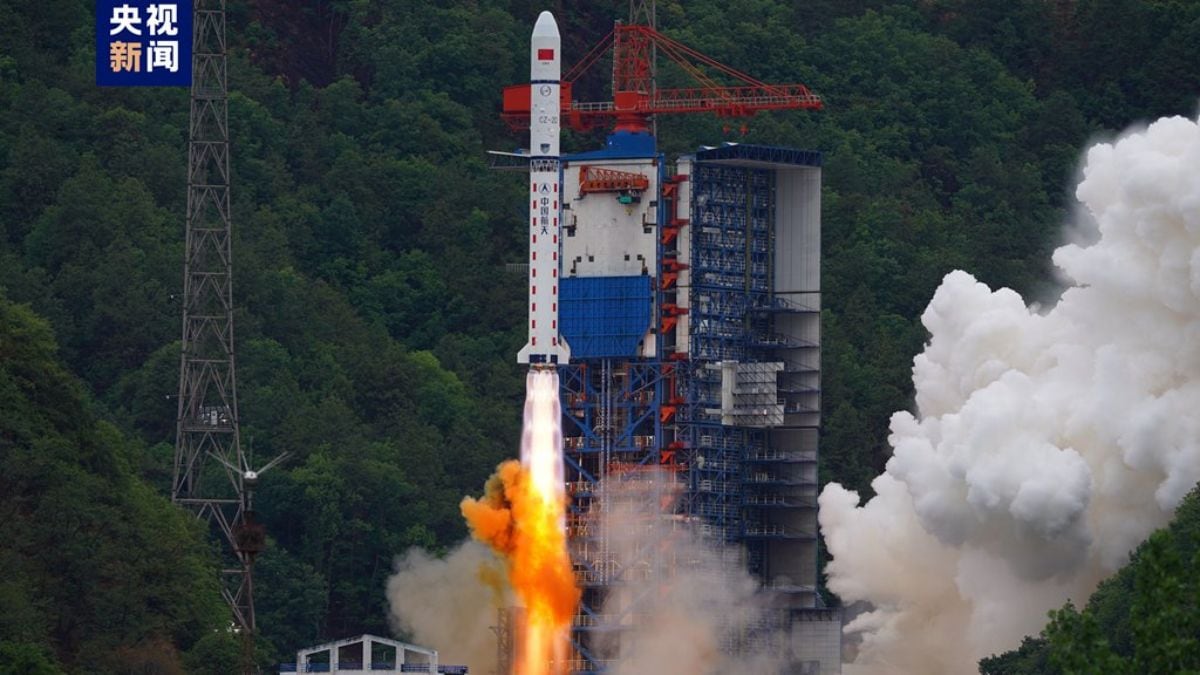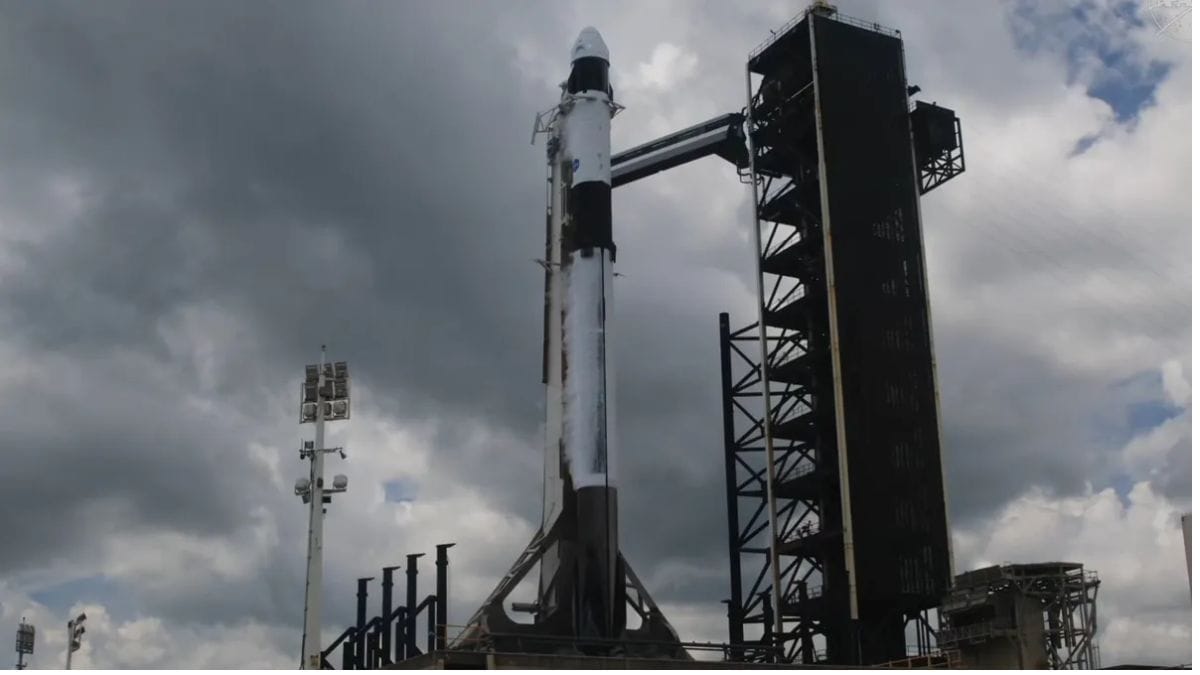
Direct soil carbon measurement techniques are being explored as a method to improve accuracy in carbon credit markets, especially in agriculture. Measuring stored soil carbon rather than relying on predictive models can provide solid data on the effectiveness of climate-smart agricultural practices. It is believed that this method will enhance the reliability of carbon credits, offering greater confidence to buyers and better supporting global climate goals. Soil carbon measurement is also being recognised as a tool to boost soil health and agricultural sustainability.
Reliable Verification of Soil Carbon Changes
According to a study published in Environmental Research Letters, using direct soil carbon measurement methods alongside epidemiology-based study designs could address the challenges of verifying carbon storage. By sampling approximately 10 percent of fields across large areas, the research team demonstrated that carbon storage could be accurately measured over extended periods. These findings indicate that scaling up direct measurement techniques may offer a cost-effective alternative to predictive models in carbon credit markets.
Expert Insights on Soil Health and Climate Benefits
Mark Bradford, E.H. Harriman Professor of Soils and Ecosystem Ecology at Yale School of the Environment, noted in the study’s findings that direct measurements could extend beyond carbon markets. When talking to phys.org, he highlighted their potential for validating greenhouse gas accounting and supporting national emission reporting. This approach could also improve soil biodiversity, nutrient retention and resilience to extreme weather, leading to enhanced food security.
Technological Tools Supporting Farmers
To assist farmers, Eric Potash, research scientist at the Agroecosystem Sustainability Center, developed an open-source application enabling users to evaluate the cost-effectiveness of soil carbon projects. This tool helps calculate profitability based on variables like project size and sampling strategies.
As noted by the study’s authors, addressing measurement concerns is key to supporting policies and investments that protect soil health. By ensuring accurate and scalable carbon storage verification, this approach aims to strengthen confidence in the environmental and economic benefits of climate-smart agriculture.
(Disclaimer: New Delhi Television is a subsidiary of AMG Media Networks Limited, an Adani Group Company.)
For the latest tech news and reviews, follow Gadgets 360 on X, Facebook, WhatsApp, Threads and Google News. For the latest videos on gadgets and tech, subscribe to our YouTube channel. If you want to know everything about top influencers, follow our in-house Who’sThat360 on Instagram and YouTube.












